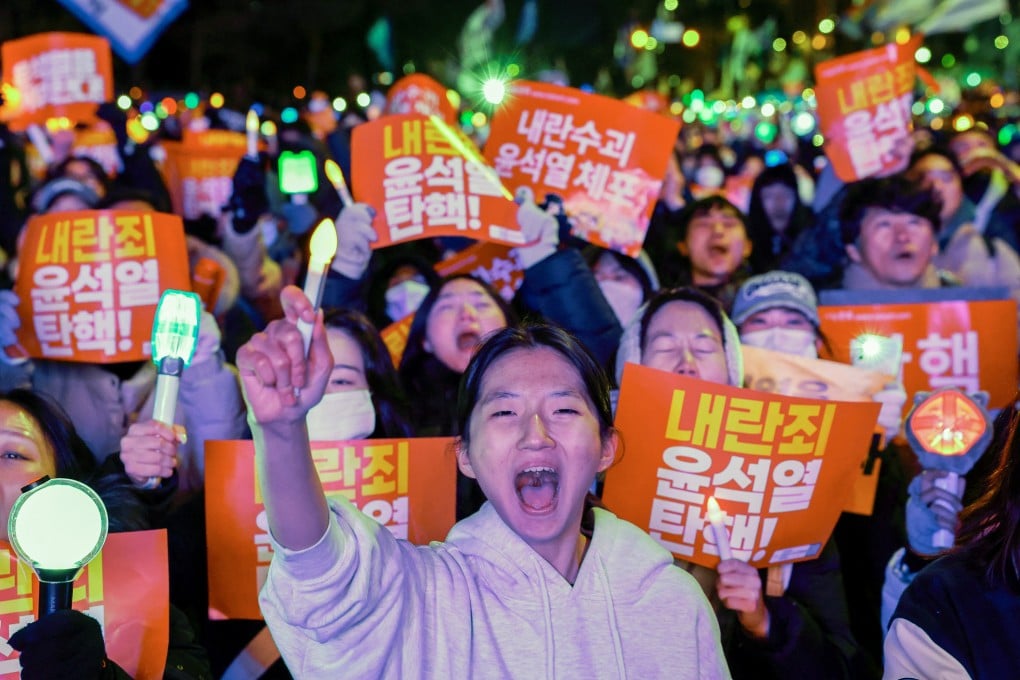Opinion | Seoul must stop using North Korea threat as an excuse to suppress democracy
Conservative forces have a long, bloody history of using the danger posed by the North to justify quashing dissent and removing checks on the president

The last time martial law was declared in the country was over four decades ago. The path to democracy was a hard-won battle that stretched across generations.
While Article 77 of the Korean constitution gives the sitting president the power to declare martial law in response to the threat of war and other national emergencies, this power has been misused too often. Conservative forces have a long and bloody history of using the threat posed by North Korea as an excuse to quash dissent and remove checks and balances on the president.
This law was used by the president – and his successors – to arrest, imprison and sometimes execute political opponents by accusing them of being communist or North Korea sympathisers.
Park Chung-hee did the same after he took power in a 1961 coup and declared martial law. He then declared martial law again in Seoul in 1964 to suppress growing student protests against the normalisation of relations with Japan.

